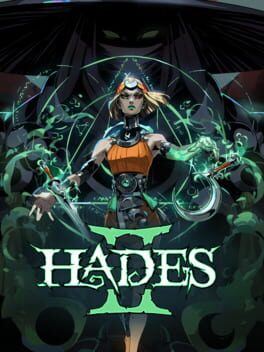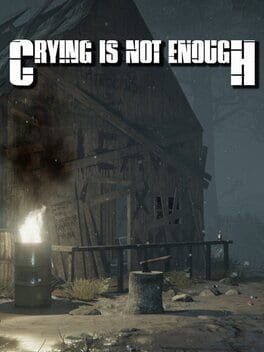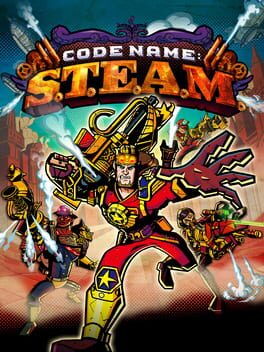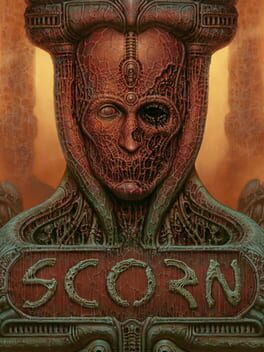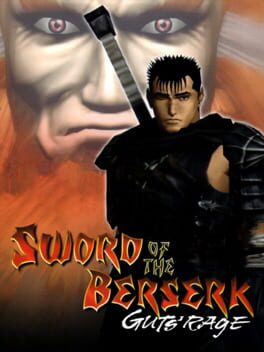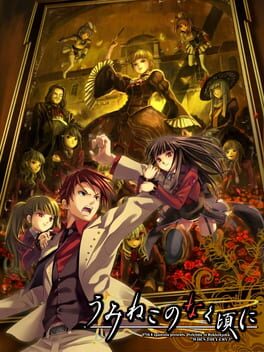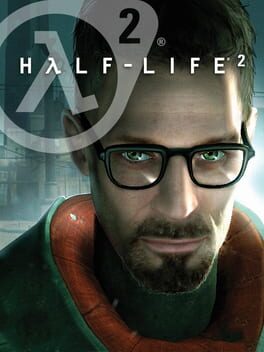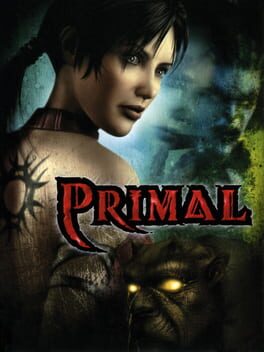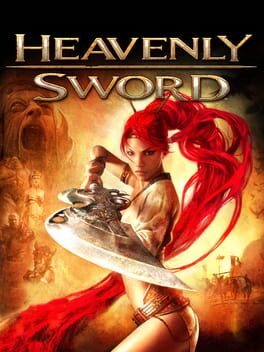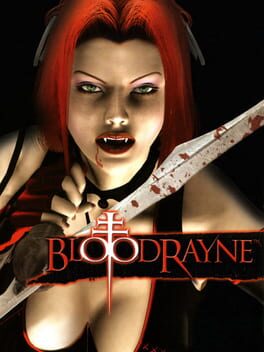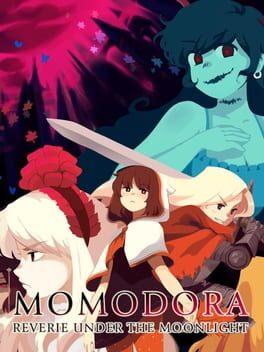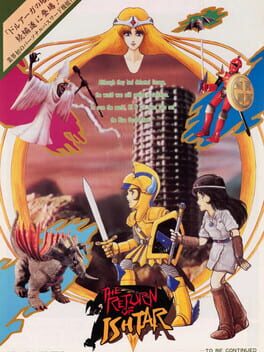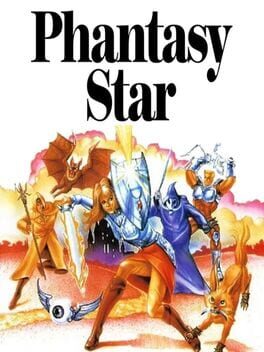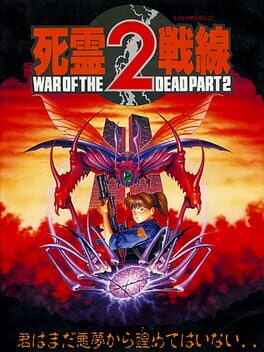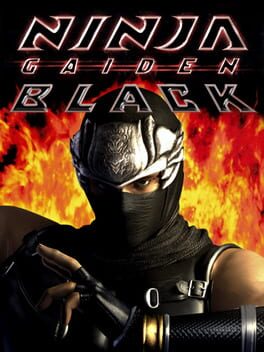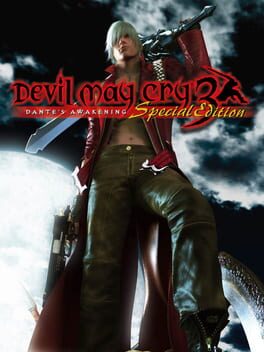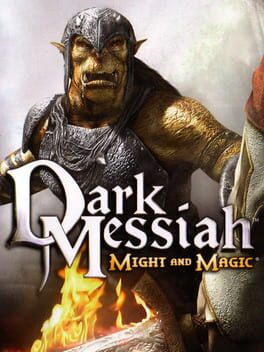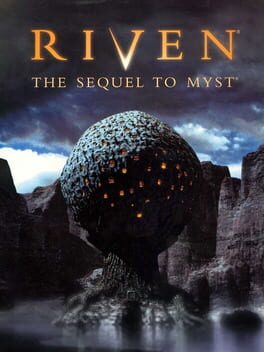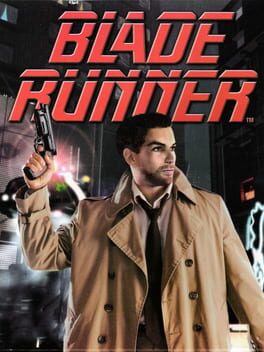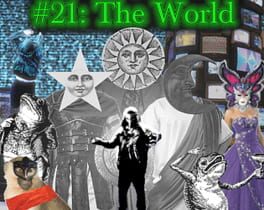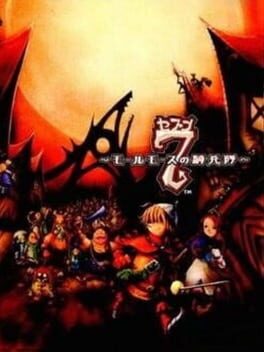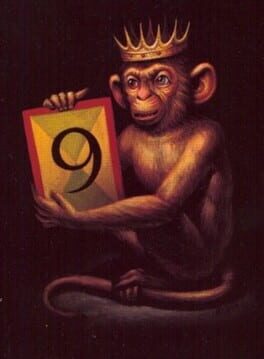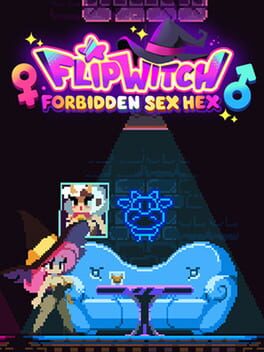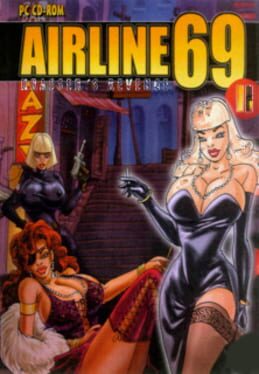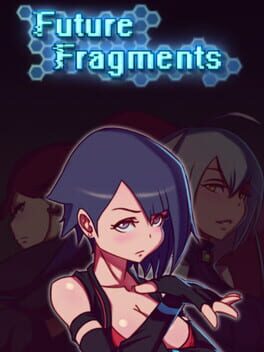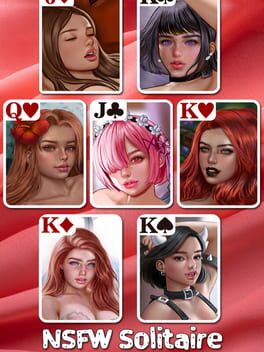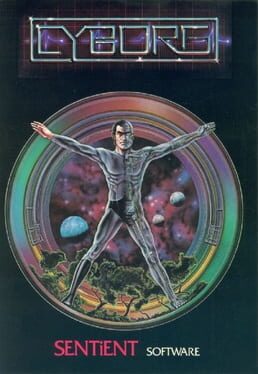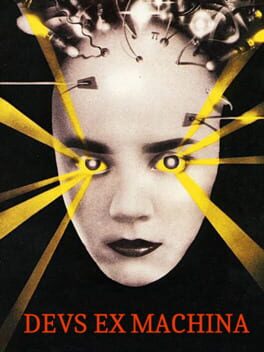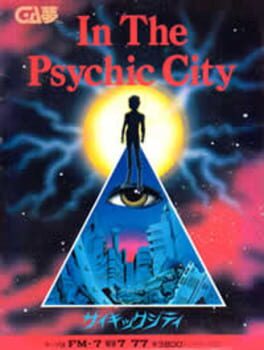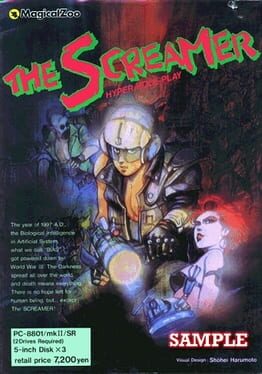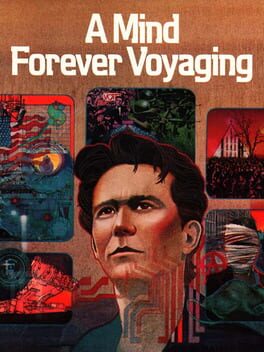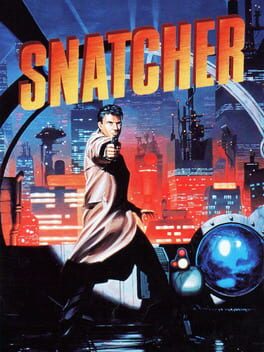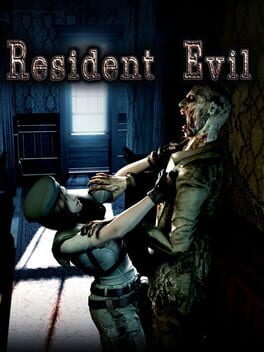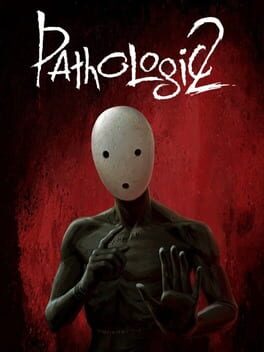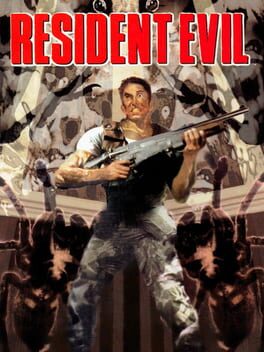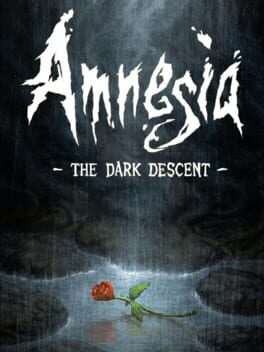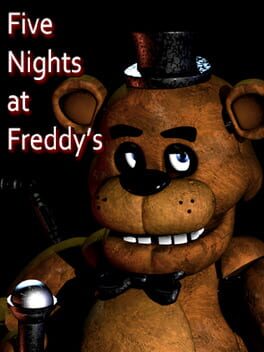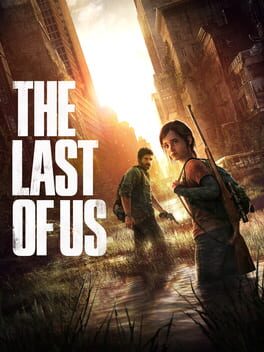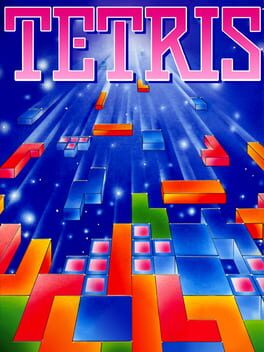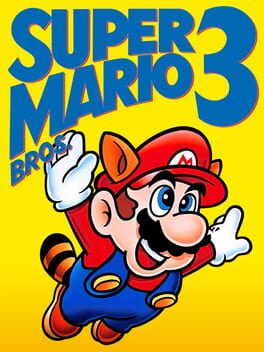moans
38 reviews liked by moans
Hades II
2024
Crying is not Enough
2018
Code Name S.T.E.A.M.
2015
Scorn
2022
I was 22 when I had my first psychotic episode. I had dropped everything and moved to Austin with a girlfriend who was not a good fit for me, pursuing my dream of (somehow) becoming a professional actor. None of this was going well; the relationship and the jobs I was working were all dead ends that I wasn't really acknowledging or dealing with.
Eventually all the stress and self-deceit came to a head in a giant fight, and I started thinking things that were decidedly false. I came to believe that I was the center of a conspiracy of surveillance, Truman Show style, that was being run by my friends. Every detail that I noticed confirmed this: I saw a car make a weird U-turn which to me was proof positive that it was following me. A dump truck passed the window with a flashing yellow light; this was clearly someone trying to signal to me that they were in on the conspiracy. A cat sitting on the hood of a car must have been some kind of sophisticated spy camera.
I never experienced hallucinations, I was never violent and I didn't cackle maniacally like every single clueless, no-effort depiction of mental illness in Hollywood and elsewhere. The only thing that was missing was my capacity to critically examine my own ideas.
You know how when you're thinking super hard about something for a long time, and you finally figure it out, and you get that big rush of endorphins like "ahhhhh I finally got it." It's a great feeling, but you have to work to get there right? You have to come up with and reject a lot of ideas before you find the one that fits. Well, I was having that "ahhhh" feeling with every fleeting notion. You don't realize how many thoughts you reject as nonsense until you lose the ability to do so.
You might see a squirrel run toward you and think "Wouldn't it be cool if that was some kind of little robot?" then immediately reject that idea without a second thought. That rejection is what was broken in me; even the most momentary flight of fancy became the unassailable truth. I saw the squirrel and it was self-evident that it was being remotely-controlled as a way to keep tabs on me. Not a single thought in my mind that any of this stuff was wrong.
Public mental health facilities in Texas at the turn of millennium were about as you'd expect. I was there involuntarily and kept trying to escape, so I spent a lot of the first few days restrained (more than 20 years later I still get a panicky feeling in my chest when I think about being strapped to that bed). I was shot up with Haldol that left me a drooling, twitching mess. At no point did I receive anything resembling therapy. After a few weeks the doctor assigned to my case finally came back from vacation and I seemed fine so they basically shrugged and let me go.
"Depression with psychotic features" they called it that first time. Eventually, after experiencing more episodes and being institutionalized and re-diagnosed a few more times, they settled on the diagnosis of Bipolar I disorder and I've been stable on lithium for over a decade now. I was lucky and got basically the happiest possible outcome. I don't think that's the case for most people dealing with mental health issues, especially psychosis.
Mental health is like sexuality, in that we as a society are obsessed with it but only seem to engage with it in the most unhealthy ways. In our entertainment media, references to insanity are constant. Calling someone's sanity into question is an easy and common insult. After every mass shooting, the airwaves are crammed with politicians scapegoating the mentally ill. We're finally to the point where (in some circles) it's considered unacceptable to use "gay" or "retarded" as insults, but nobody bats an eye if you call someone "crazy" or "psycho".
But for all of that, it's basically unheard of for someone in power to say anything meaningful about mental health. When Hollywood approaches the topic, the results are universally rancid. Games tend to fall into two camps: crazy-person-as-horror-villain studio hack jobs, or autobiographical indies that actually bring some experience to the picture.
And that's why Hellblade stands out so much to me. It's not an indie; it has the full weight of a storied and talented (albeit small) studio behind it. But they've done the work to actually try to depict psychosis in a realistic way, that brings the player into the experience as an exercise in empathy, not just a cheap aesthetic choice.
It was a marvel to me how the puzzles in the game are built around seeing patterns that aren't really there, exactly like I did during my psychotic episodes. The scene where all the trees have eyes, but they're really just tricks of the light, was so incredibly true to my experience. I never saw things that weren't there; I saw things that were there but misinterpreted them in critical ways, just like Senua.
And Senua? Possibly my favorite protagonist of any game. Melina Jeurgens gives it so much of herself, and her character design is such a breath of fresh air in an industry full of gross fan service. She looks like a real person! She's still pretty, but doesn't look like a RealDoll that someone dressed up in cosplay gear.
I could only play this game in short sessions because it's so damn intense. The story hits hard, and Senua's agonizing deaths were challenging. Mechanically, the game is really quite light. Only a couple gameplay verbs are made available as the story progresses very linearly. Hellblade aims to challenge the player on a sensory, emotional and intellectual level more than a gameplay one. For me, it was deeply effective and affecting.
With the sequel on the horizon it's exciting to imagine what Ninja Theory has in store for us next. It really feels like the conversation around mental health is starting to turn; the crazies are finally out telling their stories, taboos and misinformation be damned. I love how indie developers have stepped up and started raising the level of discourse around mental health and I really hope that more and bigger studios follow suit. Fear of retaliation or judgment can make mental illness a really isolating experience. It really does feel good to feel seen, and playing a game like Hellblade is really great reminder that I'm not alone.
Eventually all the stress and self-deceit came to a head in a giant fight, and I started thinking things that were decidedly false. I came to believe that I was the center of a conspiracy of surveillance, Truman Show style, that was being run by my friends. Every detail that I noticed confirmed this: I saw a car make a weird U-turn which to me was proof positive that it was following me. A dump truck passed the window with a flashing yellow light; this was clearly someone trying to signal to me that they were in on the conspiracy. A cat sitting on the hood of a car must have been some kind of sophisticated spy camera.
I never experienced hallucinations, I was never violent and I didn't cackle maniacally like every single clueless, no-effort depiction of mental illness in Hollywood and elsewhere. The only thing that was missing was my capacity to critically examine my own ideas.
You know how when you're thinking super hard about something for a long time, and you finally figure it out, and you get that big rush of endorphins like "ahhhhh I finally got it." It's a great feeling, but you have to work to get there right? You have to come up with and reject a lot of ideas before you find the one that fits. Well, I was having that "ahhhh" feeling with every fleeting notion. You don't realize how many thoughts you reject as nonsense until you lose the ability to do so.
You might see a squirrel run toward you and think "Wouldn't it be cool if that was some kind of little robot?" then immediately reject that idea without a second thought. That rejection is what was broken in me; even the most momentary flight of fancy became the unassailable truth. I saw the squirrel and it was self-evident that it was being remotely-controlled as a way to keep tabs on me. Not a single thought in my mind that any of this stuff was wrong.
Public mental health facilities in Texas at the turn of millennium were about as you'd expect. I was there involuntarily and kept trying to escape, so I spent a lot of the first few days restrained (more than 20 years later I still get a panicky feeling in my chest when I think about being strapped to that bed). I was shot up with Haldol that left me a drooling, twitching mess. At no point did I receive anything resembling therapy. After a few weeks the doctor assigned to my case finally came back from vacation and I seemed fine so they basically shrugged and let me go.
"Depression with psychotic features" they called it that first time. Eventually, after experiencing more episodes and being institutionalized and re-diagnosed a few more times, they settled on the diagnosis of Bipolar I disorder and I've been stable on lithium for over a decade now. I was lucky and got basically the happiest possible outcome. I don't think that's the case for most people dealing with mental health issues, especially psychosis.
Mental health is like sexuality, in that we as a society are obsessed with it but only seem to engage with it in the most unhealthy ways. In our entertainment media, references to insanity are constant. Calling someone's sanity into question is an easy and common insult. After every mass shooting, the airwaves are crammed with politicians scapegoating the mentally ill. We're finally to the point where (in some circles) it's considered unacceptable to use "gay" or "retarded" as insults, but nobody bats an eye if you call someone "crazy" or "psycho".
But for all of that, it's basically unheard of for someone in power to say anything meaningful about mental health. When Hollywood approaches the topic, the results are universally rancid. Games tend to fall into two camps: crazy-person-as-horror-villain studio hack jobs, or autobiographical indies that actually bring some experience to the picture.
And that's why Hellblade stands out so much to me. It's not an indie; it has the full weight of a storied and talented (albeit small) studio behind it. But they've done the work to actually try to depict psychosis in a realistic way, that brings the player into the experience as an exercise in empathy, not just a cheap aesthetic choice.
It was a marvel to me how the puzzles in the game are built around seeing patterns that aren't really there, exactly like I did during my psychotic episodes. The scene where all the trees have eyes, but they're really just tricks of the light, was so incredibly true to my experience. I never saw things that weren't there; I saw things that were there but misinterpreted them in critical ways, just like Senua.
And Senua? Possibly my favorite protagonist of any game. Melina Jeurgens gives it so much of herself, and her character design is such a breath of fresh air in an industry full of gross fan service. She looks like a real person! She's still pretty, but doesn't look like a RealDoll that someone dressed up in cosplay gear.
I could only play this game in short sessions because it's so damn intense. The story hits hard, and Senua's agonizing deaths were challenging. Mechanically, the game is really quite light. Only a couple gameplay verbs are made available as the story progresses very linearly. Hellblade aims to challenge the player on a sensory, emotional and intellectual level more than a gameplay one. For me, it was deeply effective and affecting.
With the sequel on the horizon it's exciting to imagine what Ninja Theory has in store for us next. It really feels like the conversation around mental health is starting to turn; the crazies are finally out telling their stories, taboos and misinformation be damned. I love how indie developers have stepped up and started raising the level of discourse around mental health and I really hope that more and bigger studios follow suit. Fear of retaliation or judgment can make mental illness a really isolating experience. It really does feel good to feel seen, and playing a game like Hellblade is really great reminder that I'm not alone.
Dark Souls III
2016
Final Fantasy VI
1994
Half-Life 2
2004
15 lists liked by moans
by ResidentMelville |
1394 Games
by andrearitsu |
355 Games
by vragnar2 |
220 Games
by WzrdLovingWzrd |
472 Games
by dirty_score |
119 Games
by MendelPalace |
394 Games
by StardustSummons |
75 Games
by elmagochan |
500 Games
